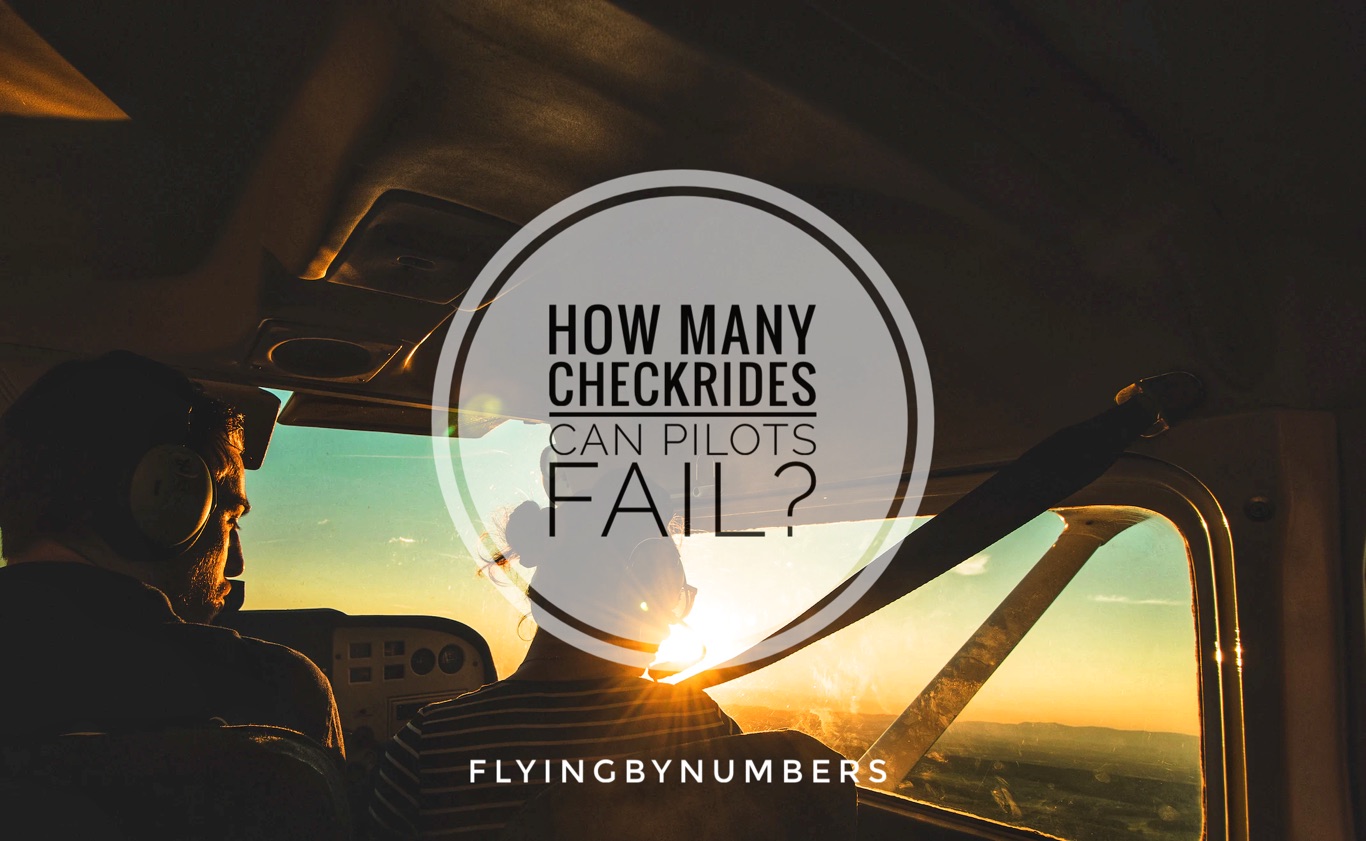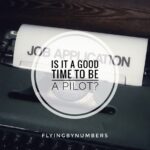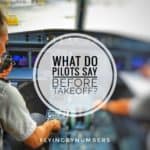If you don’t like exams, being a pilot is unfortunately not for you! The path to becoming a commercial pilot is a challenging one, fraught with rigorous training, high-stakes examinations, and the inevitable possibility of failure.
Aside from aptitude tests, and ground-based exams, pilots will undertake many flying examinations throughout their careers, known as checkrides.
One test, the Instrument Rating (IR) check ride, is often regarded as the critical turning point in a pilot’s career. Failure at this stage can carry weighty implications, potentially impacting a pilot’s employability in the fiercely competitive aviation industry.
The pressing question, then, is this: how many check ride failures can a commercial pilot candidate endure before they compromise their career prospects?
Failing check rides… it’s not always a big deal
The number of checkrides a trainee commercial pilot can fail while remaining an attractive prospect to potential employers is not always straightforward.
It’s determined by a combination of factors, including:
Is there a limit?
Regulators such as the Federal Aviation Administration (FAA) typically don’t specific check ride limits. Theoretically permitting unlimited checkride attempts, although each failure necessitates additional training and is documented in the pilot’s record.
During background checks, potential employers regularly review these records. There are plenty of unofficial rules of thumb, with airlines typically refusing to hire candidates who have failed the same checkride more than twice.
Certain checkrides are more scrutinised by potential employers than others. For instance, the Instrument Rating (IR) checkride is one such critical examination. It’s a demanding test that requires pilots to demonstrate their ability to fly solely by referencing their instruments, often in adverse weather conditions.
Failing the IR checkride once is generally accepted given its difficulty; however, failing this exam more than twice is regarded as a red flag for potential employers and may be seen as indicative of a pilot’s potential performance under stress or complex situations.
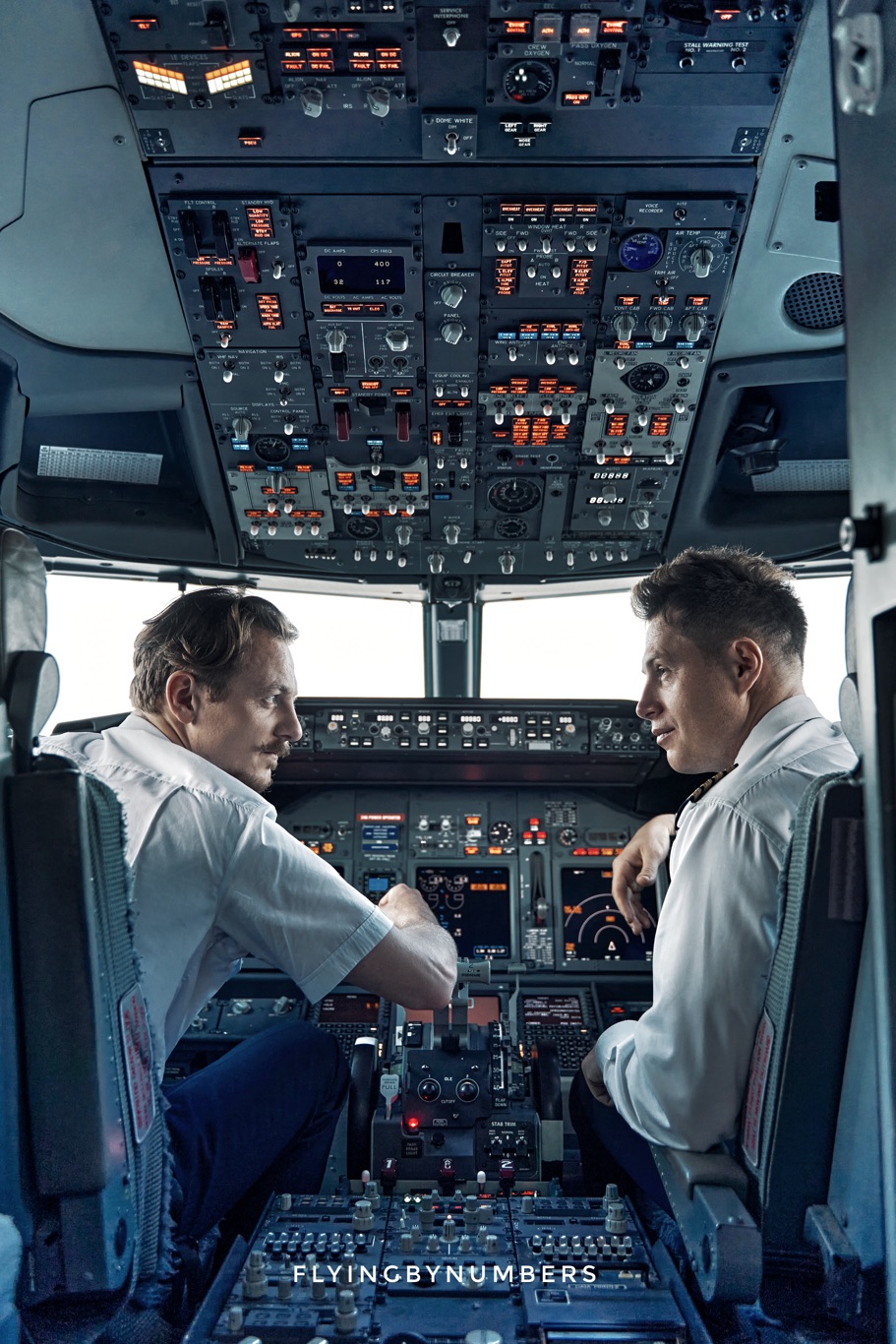
On the other hand, checkrides during the initial phases of pilot training can often be failed with little to no long-term impact on employment prospects. These early checkrides are understood to occur during a steep learning curve when pilots are mastering the basics.
Industry downturns and leniency…
The hiring dynamics can also change significantly based on the current demand for pilots. During high-demand periods, airlines may be more willing to hire pilots with a couple of checkride failures, given that they show improvement and competence thereafter.
But during industry stagnation or downturns, like the periods following high oil prices, 9/11, or the Covid-19 pandemic, airlines can afford to be choosier and lean towards candidates with near-perfect training records. As an example, in the aftermath of the 2008 financial crisis it was widely reported that major airlines wouldn’t hire anyone with any checkride failures during training.
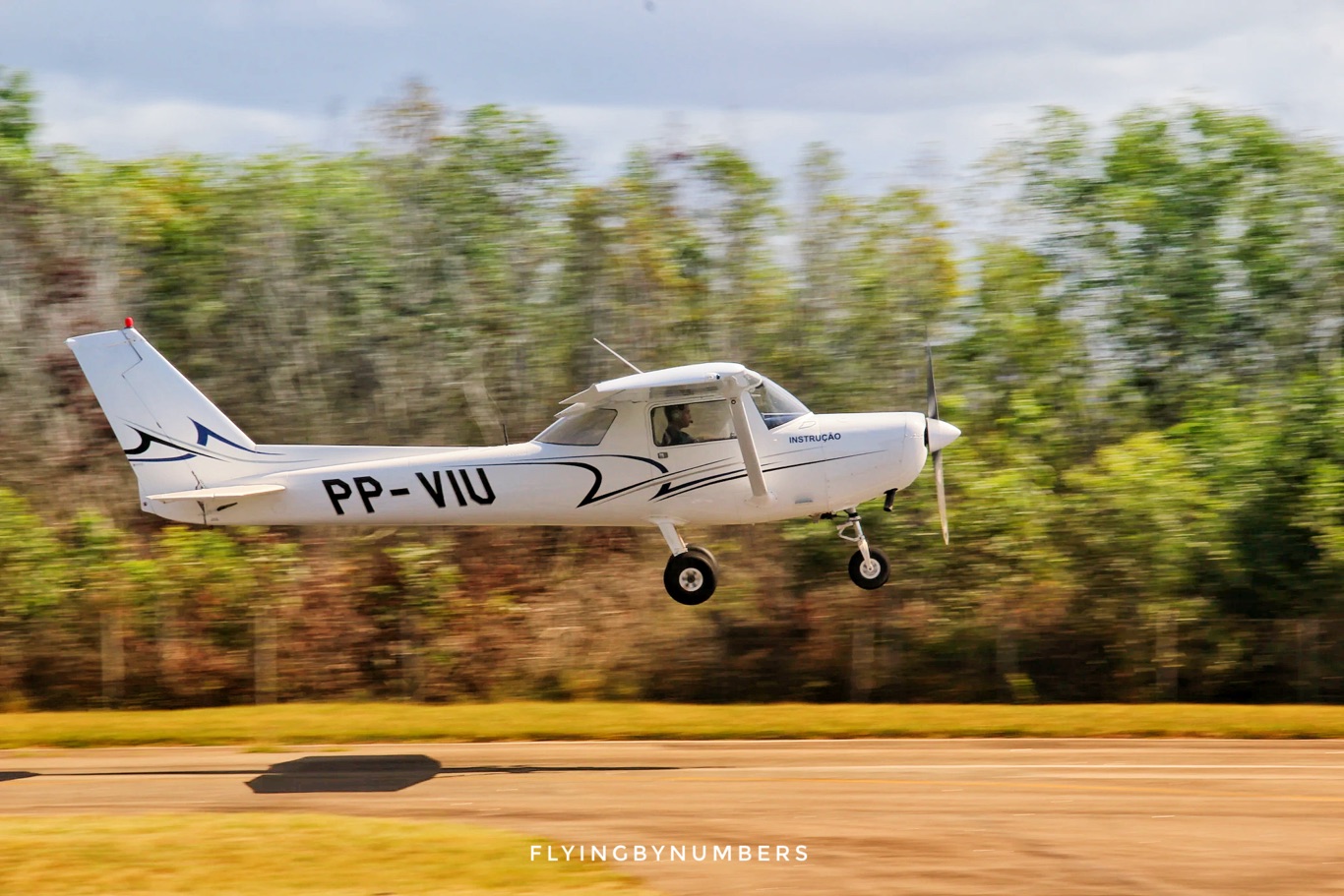
Summary
In summary, while there’s no fixed limit to the number of checkrides a commercial pilot trainee can fail, the repercussions of those failures vary enormously. They typically depend on the specific checkride failed, the trainee’s demonstrated growth and skill during similar training flights, and the prevailing job market conditions in the commercial aviation industry.
On the other hand, when times are booming and pilots are in high demand, airlines are more willing to overlook some check-ride mishaps, and invest in the additional training to bring pilots up to standard.
While checkrides and simulator sessions are not popular, they are frequent! Regular training and testing is a routine part of life for all commercial pilots, so it is inevitable that some pilots will perform badly in a checkride at one stage in their career. For pilots that have failed a checkride it is worth remembering that how you respond to the failure is arguably the most important part.
